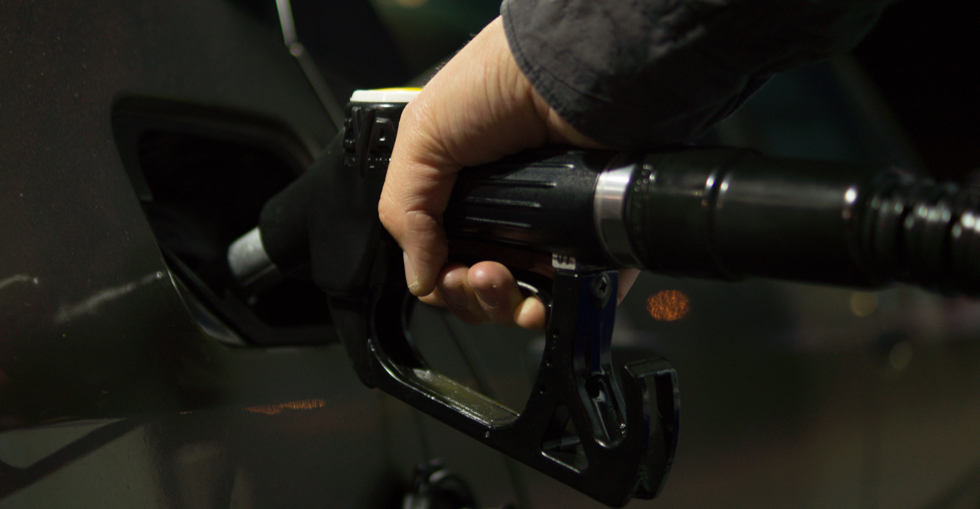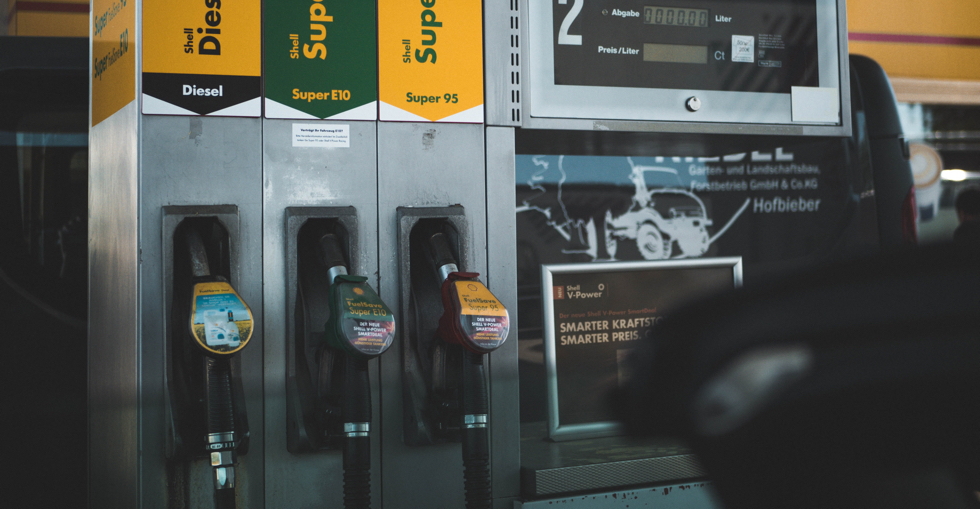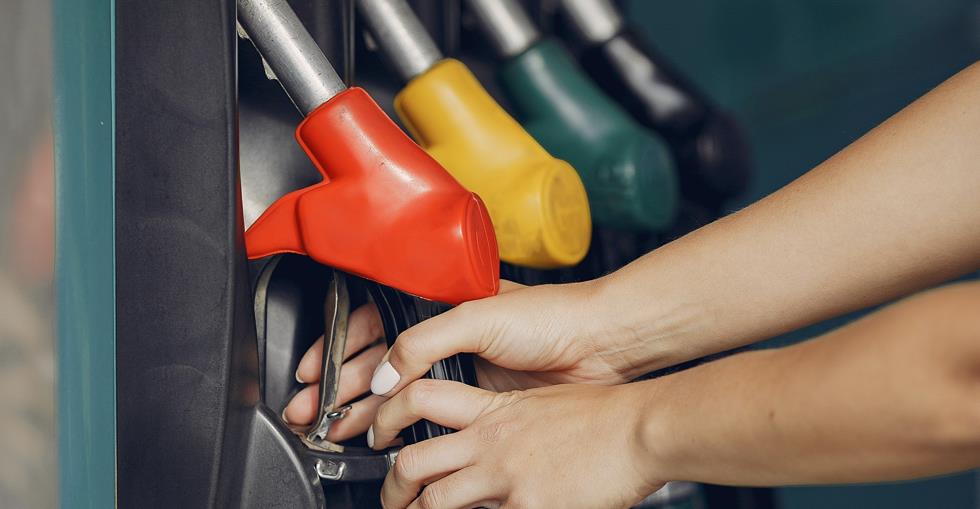If you have experience in the fuel industry, then you should consider buying an established, independent station. For those entrepreneurs seeking guidance and support, you might want to think about buying a franchise opportunity through a major oil company.
Overview
Service stations in South Africa have a combined annual turnover over R200 billion, and the country holds the title as the biggest consumers of fuel on the continent, owning more than 20% of the market share.
There are around 5,000 service stations in South Africa and the sector is dominated by six companies. Engen has the largest network, with just less than 1,000 stations across the country.
The second largest group is Caltex, owning 683 petrol stations; closely followed by Shell, with 637 outlets. Lesser-known brands include Puma, which has 114 service stations; Exel with 59 locations; and Ener-Gi with a network of 25 sites.

The fuel sector contributes roughly 6% to South Africa’s GDP and provides 18% of the country’s primary energy needs through the annual sales of roughly 27 billion litres of liquid fuels. In 2018, South Africa produced 5% of its fuel needs from gas, 35% from coal. and 50% from local crude oil refineries.
The South African government regulates wholesale margins and controls the retail price of petrol
based on import parity price formulas. The domestic price is influenced by supply and demand in international markets, and the exchange rate of rand and US dollar.
Many gas stations have Alternative Profit Opportunities (APO’s); this could be in the form of a convenience store, car wash, café, ice cream shop, etc. Fuel sales will be the primary income, accounting for roughly 80% to 90% of an operation’s turnover.
Obstacles
To break into the liquid fuel industry, you will need a large amount of capital as well as specialised sector knowledge, which can make the initial start-up costs very high. Buying an established petrol station will help you break into the sector much faster.
Setup costs can range between R10 million for an average site to R100 million for a doubled-sided motorway location. The asking price is calculated by the business’s profit figures, size and location, and usually ranges between R2.5 to R35 million.
Another barrier to entry can be obtaining the necessary licences; the government limits the number of licences allocated. The petroleum industry was licensed for the first time in 2005 through the Petroleum Products Amendment Act in 2003.

Success in the petrol business largely depends on relationships, which means established operators who have worked in the industry for the major oil companies will often have a competitive advantage; this can be restricting for new operators.
There are several obstacles you should be aware of before you break into the sector: fluctuating oil prices, port delays, labour costs, competition from larger oil companies and currency volatility; these matters can all have an impact on your profit margins.
Many petrol stations are open 24/7, making this a business with very little downtime. You will need to commit a lot of your time building up the business; expect your position to be hands-on in the first few years until you have a management team you can trust.
Starting out
Before a petrol station can legally open, the South African Petroleum Retailers Association (SAPRA) require three licenses and authorisations: land use rights for purposes of a filling station; an environmental authorisation; site and retail licenses.
All entrepreneurs must set out a detailed business plan before setting up shop; this is also necessary if you are applying for funding. Your plan should include provisions on monitoring cash flow, as well as marketing proposals to promote the gas station.
There are several ways you can raise the funds to start or buy a service station; approach your bank or a private funder. Failing that, you could pitch and collaborate with a group of investors; find out whether they plan to be silent or active investors.





